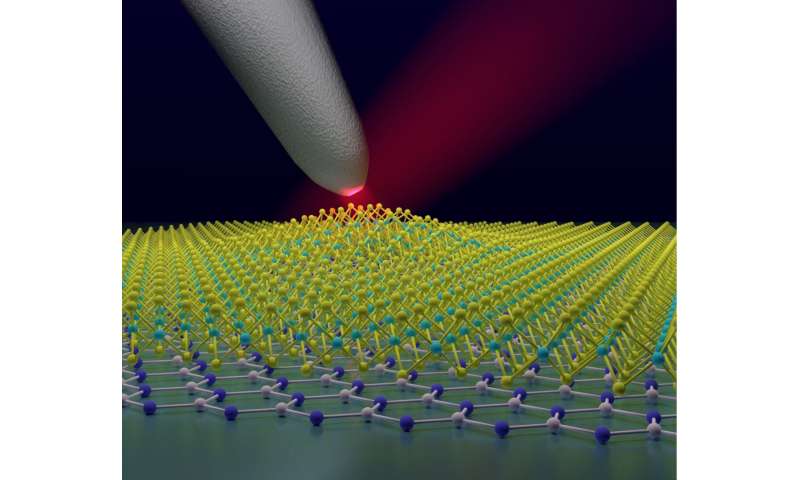Best of Last Week – Breakthrough in preserving sound waves, earliest North American occupiers, faster COVID-19 test

It was a good week for physics research, as a team at Peter the Great St. Petersburg Polytechnic University discovered a new physical paradox—the amplitude of mechanical vibrations can grow without an external influence due to internal thermal resources of the system. Also, a team from Columbia Engineering and Montana State University found that placing sufficient strain on a 2-D material—tungsten diselenide—created localized states that could yield single-photon emitters. And a combined team from the Photonics Initiative at the Advanced Science Research Center at The Graduate Center, CUNY and Georgia Tech achieved a major breakthrough in preserving the integrity of sound waves—it allowed for propagating sound waves along the boundaries of topological metamaterials without the risk of waves traveling backward or being thwarted by material defects.
In technology news, a team of engineers at the University of Missouri demonstrated that pencils and paper could be used to create devices for monitoring personal health—simply by drawing or pasting 90% graphite on the skin. Also, a team at the University of Texas at Austin announced that they had developed a new cobalt-free lithium-ion battery that reduces costs without sacrificing performance. And a team at UC Berkeley developed an algorithm that merges online and offline reinforcement learning.
In other news, a large team of researchers from the U.S. and the U.K. announced that they had achieved the first complete assembly of human X chromosome with no gaps. Also, a team with members from multiple institutions in Australia discovered an immune response to COVID-19's spike protein and suspect it could lead to the development of a vaccine. And another team with members from the U.K. and the U.S. announced that they had dated the earliest known occupation of North America—a pre-Clovis culture dating back more than 12,000 years.
And finally, if you are among the many people who believe that one of the keys to taming the global pandemic is through rigorous testing, you might want to check out the work done by a team at Monash University in Australia—they have developed a blood test that detects positive COVID-19 cases in just 20 minutes.
© 2020 Science X Network